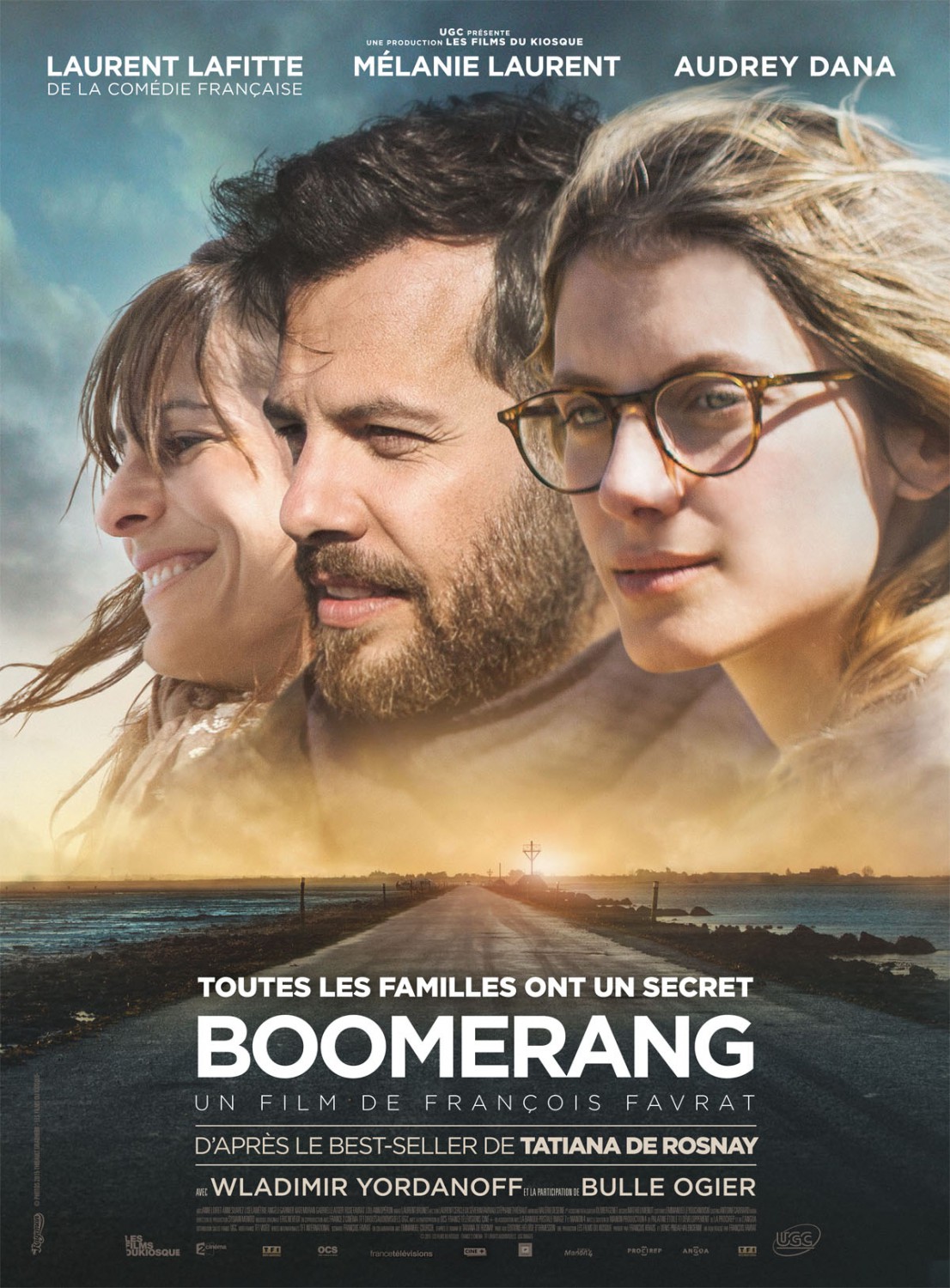
In court, the reporter secretly threatens to reveal Harris' double dealing, and Harris commits suicide in the courtroom. Meanwhile, a reporter conducts his own investigation into possible wrongdoing. Harvey threatens to physically remove Harris from his home.Īt a preliminary hearing, Harvey presents detailed evidence that would lead to Waldron's exoneration. Harvey is threatened by reform party kingpin and real estate swindler Paul Harris, who seeks to blackmail him based on Harvey's wife's innocent contribution to a community fund for park land that Harris secretly owns. Chief Robinson thwarts a lynch mob trying to seize Waldron outside of the court building. Suspecting that Harvey's plea is driven by political motives, the judge warns him that he will hold his actions to the highest scrutiny. He presents the flaws in the case before the judge and indicates that he intends to dismiss the charges. In court, Harvey states that a prosecutor must seek justice, not merely attempt to convict. He develops serious doubts about Waldron's guilt. Harvey questions Waldron and investigates the evidence and the witnesses. A gun that was in his possession is believed to be that which was used in the shooting, and witness testimony and other circumstantial evidence seem solid enough to guarantee conviction. Waldron is interrogated for two days by the corrupt police until, suffering from severe sleep deprivation, he confesses. He is extradited to Connecticut and identified in a lineup. However, vagrant military veteran John Waldron is arrested in Ohio and meets the general description of the murder suspect. Robinson and prosecutor Henry Harvey face severe pressure by cheap political leaders, the press and the public to find the killer or otherwise seek outside help. The case soon becomes a political hot potato, with the police accused of incompetence and the city's reform-minded administration attacked by the corrupt political machine that it had displaced. The police, led by Chief Robinson, fail to immediately find the murderer. Plot Įpiscopal priest Father Lambert is shot dead on a Bridgeport, Connecticut street at night. The film was entered into the 1947 Cannes Film Festival.
BOOMERANG MOVIE TRIAL
The film was shot mostly in Stamford, Connecticut, after Kazan was denied permission to film in Bridgeport, Connecticut, where the crime and trial occurred.

The film was directed by Elia Kazan and adapted from a 1945 Reader's Digest story written by Fulton Oursler (credited as Anthony Abbot) based on an actual 1924 crime. Cobb, Karl Malden, Arthur Kennedy and Jane Wyatt, with voiceovers by Reed Hadley.


Boomerang! is a 1947 American crime semidocumentary film based on the true story of a vagrant accused of murder who is found not guilty through the efforts of the prosecutor.


 0 kommentar(er)
0 kommentar(er)
